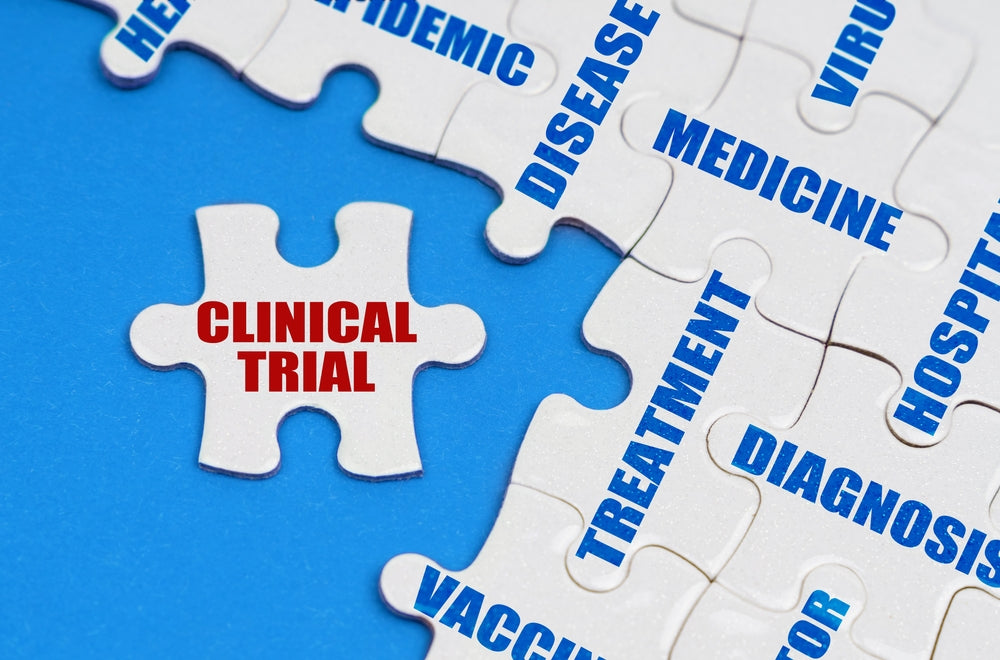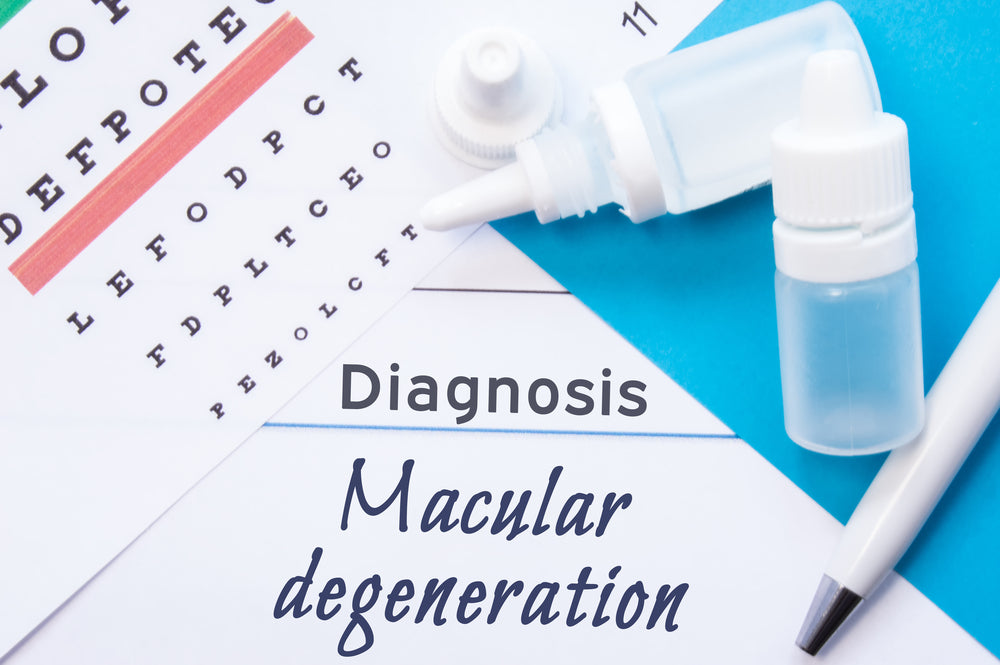News

age-related macular degeneration
Minocycline offers no benefit in treating dry age-related macular degeneration
Minocycline, a commonly prescribed antibiotic that also offers anti-inflammatory effects, does not offer any benefits to those suffering from dry age-related macular degeneration.

age related macular degeneration
Something out of science fiction: solar panels for the eyes
With new treatments and scientific advancements being announced almost on a daily basis, it shouldn't be surprising that the next "big thing" might very well be tiny solar panels for the eyes.

age related macular degeneration
Visual hallucinations commonly associated with age-related macular degeneration
Charles Bonnet Syndrome (CBS) is a condition that occurs when people lose some or all of their vision.

age-related macular degeneration
Artificial outdoor nighttime lights linked to higher risk of macular degeneration
A study published in JAMA Network Open details the possible link of exposure to nighttime artificial outdoor lights and an increased risk of age-related macular degeneration.
Researchers at Jeju N...

age related macular degeneration
Phase 2b clinical trials set for potential AMD treatment
More than one million Americans aged 40 and over are affected by geographic atrophy (otherwise known as advanced dry age-related macular degeneration), which currently has no available therapy that...

age related macular degeneration
AMD patients with visual disability at higher risk of cardiovascular disease
Researchers at Sungkyunkwan University School of Medicine in Korea conducted a nationwide cohort study involving nearly 4 million adults.

age-related macular degeneration
FDA approves first drug to treat geographic atrophy
Geographic atrophy typically affects people over the age of 50 and is one of the main causes of vision loss in the United States.

age-related macular degeneration
Potential cause of AMD identified
Researchers discovered a rare genetic variant that generates malformed proteins that change the stability of the membrane attack complex (MAC).

age related macular degeneration
How the eye gives us a glimpse into human aging
The eye has been said to be the window to the soul and it may also offer us a glimpse into human aging.
